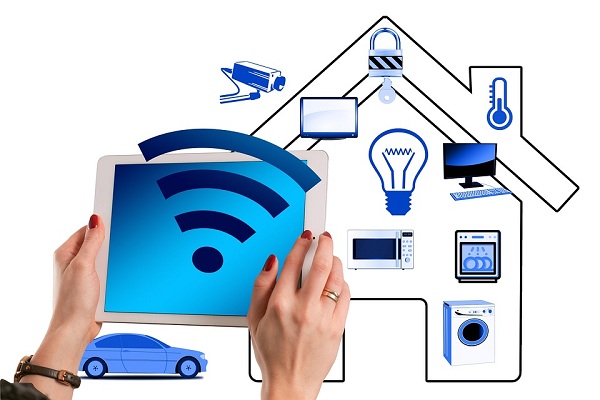Energy-efficient smart homes are a residential system that has recently become a hot topic of discussion among people around the world. It is also proof of the development of technological innovation that brings convenience and practicality to the entire community.
Not only in work and business matters, but also domestic matters aka home. The soaring demand for this has made developers in the world of technology realize it in every new house or apartment construction.

Pros and Cons of Energy-efficient Smart Homes
In general, a smart home is a reflection of a technology-based home. This technology is used to manage and control your home automatically from a distance, anytime and anywhere.
To be able to make these settings, of course, you need the help of an internet connection and a mobile device as a remote.
Simply put, this system connects all the electronic devices you have with the controller system on your smartphone. This certainly makes it easier for you to control various devices, such as home security access, lighting, home theater, and many more.
Pros and Cons of Smart Home
Despite providing ideal convenience, comfort, and practicality for modern society, this remote control system does not escape the advantages and disadvantages that accompany its presence. The following is a further explanation of the advantages and disadvantages of smart home:
Smart Home Pros
The use of this system provides a sense of security and comfort for its users. They can control various devices in the house without the need to use the remotes of each device with this energy-efficient smart home system.
In addition, this system allows for notifications to appear via cell phone if something happens in the house. For example, the smart doorbell allows homeowners to communicate with guests even when they are not at home. There is also a warning feature for excessive energy or electric power usage to remind residents of soaring electricity bills every month.
The use of this smart home system allows homeowners to use electronic devices more efficiently. In addition, this can help homeowners to reduce spikes in electricity costs.
Disadvantages of Smart Home
Although energy-efficient smart homes help you save money on electricity bills, there are still some drawbacks to their application.
Users are often concerned about security risks and bugs that often occur. This is especially true now that hackers are becoming more and more tech-savvy.
They might be able to access your home security system with the help of the internet.
To minimize the occurrence of cases like this, we recommend using strong passwords. If necessary, use the encryption feature and make sure to only connect the security system with trusted devices to the homeowner’s network.
Smart homes also come with a relatively high price tag. Some of them can even reach tens or tens of millions for wired systems.
That’s the review related to the energy-efficient smart homes system. You can reconsider before applying this residential concept to your residence through these reviews.